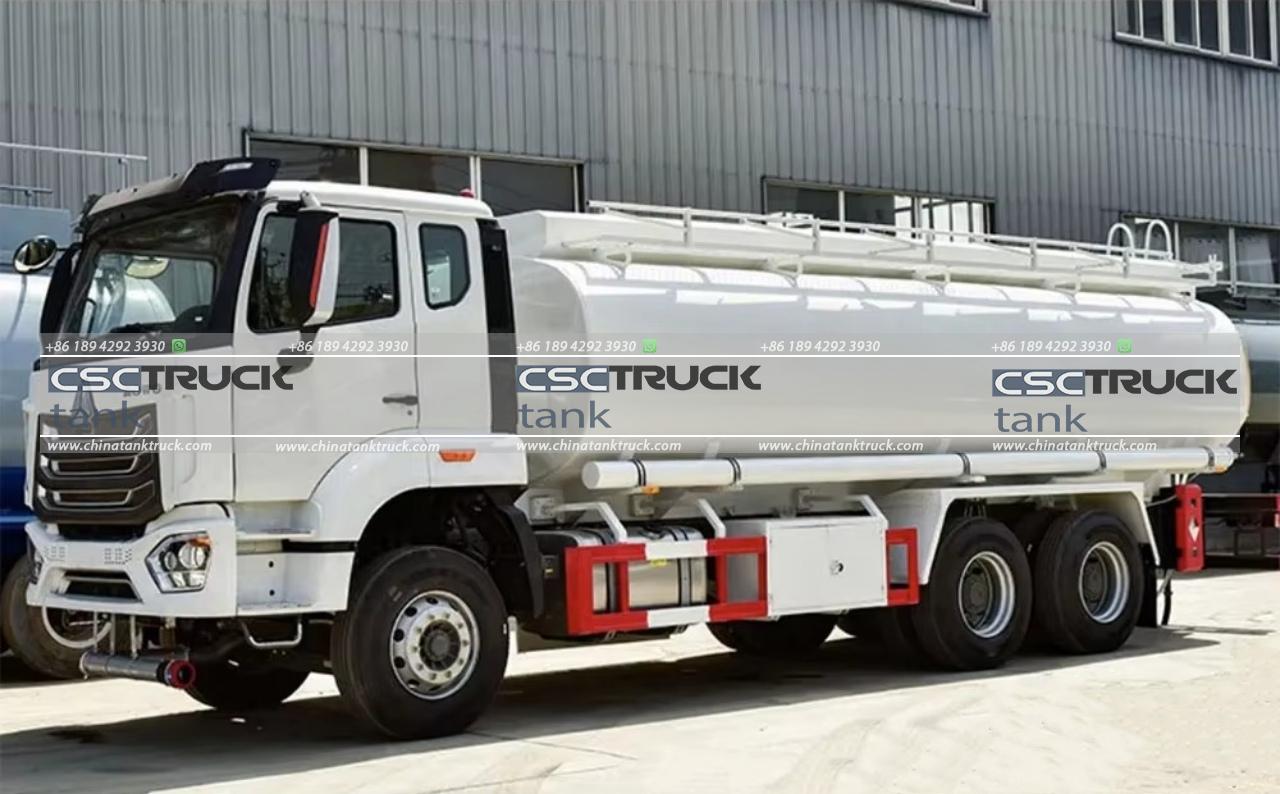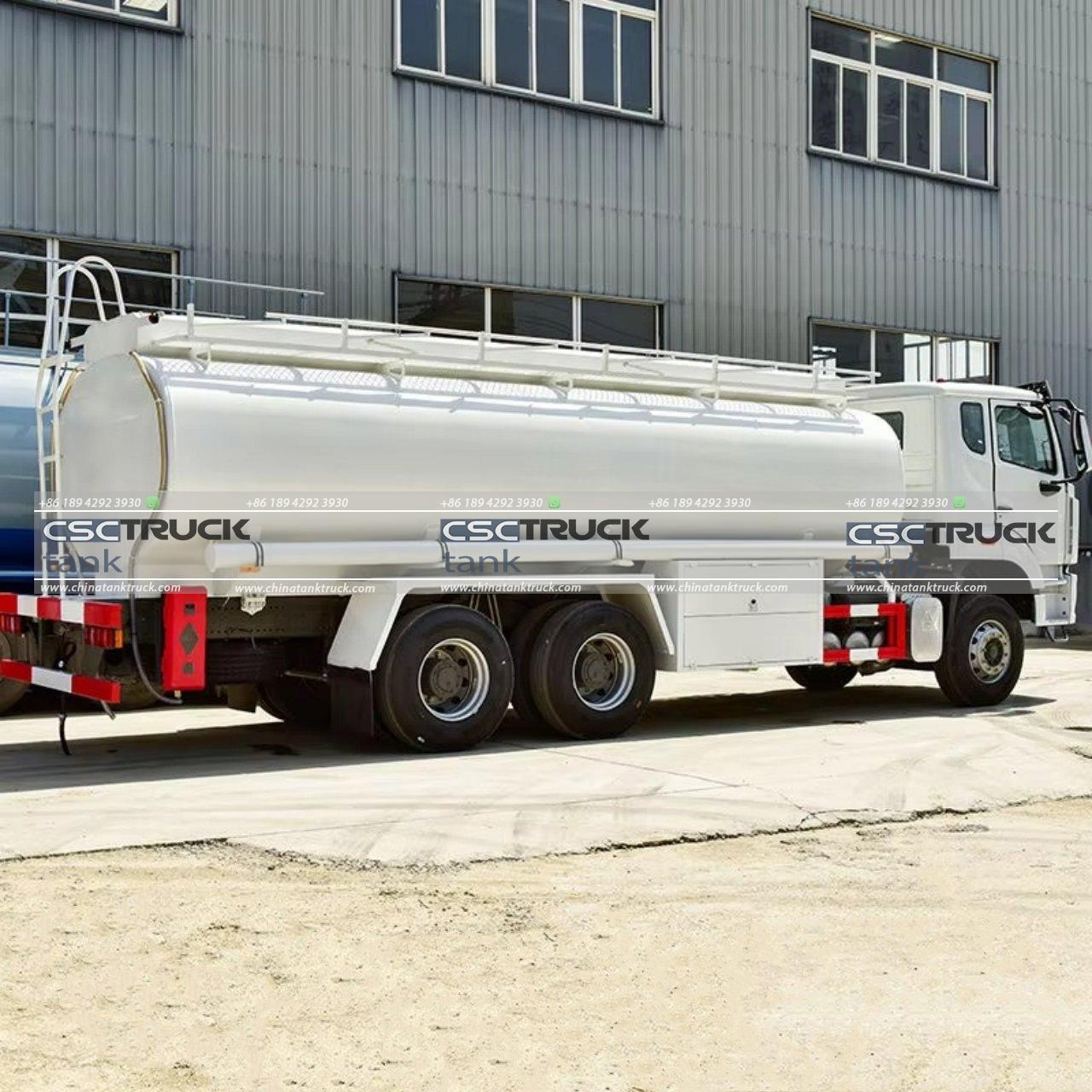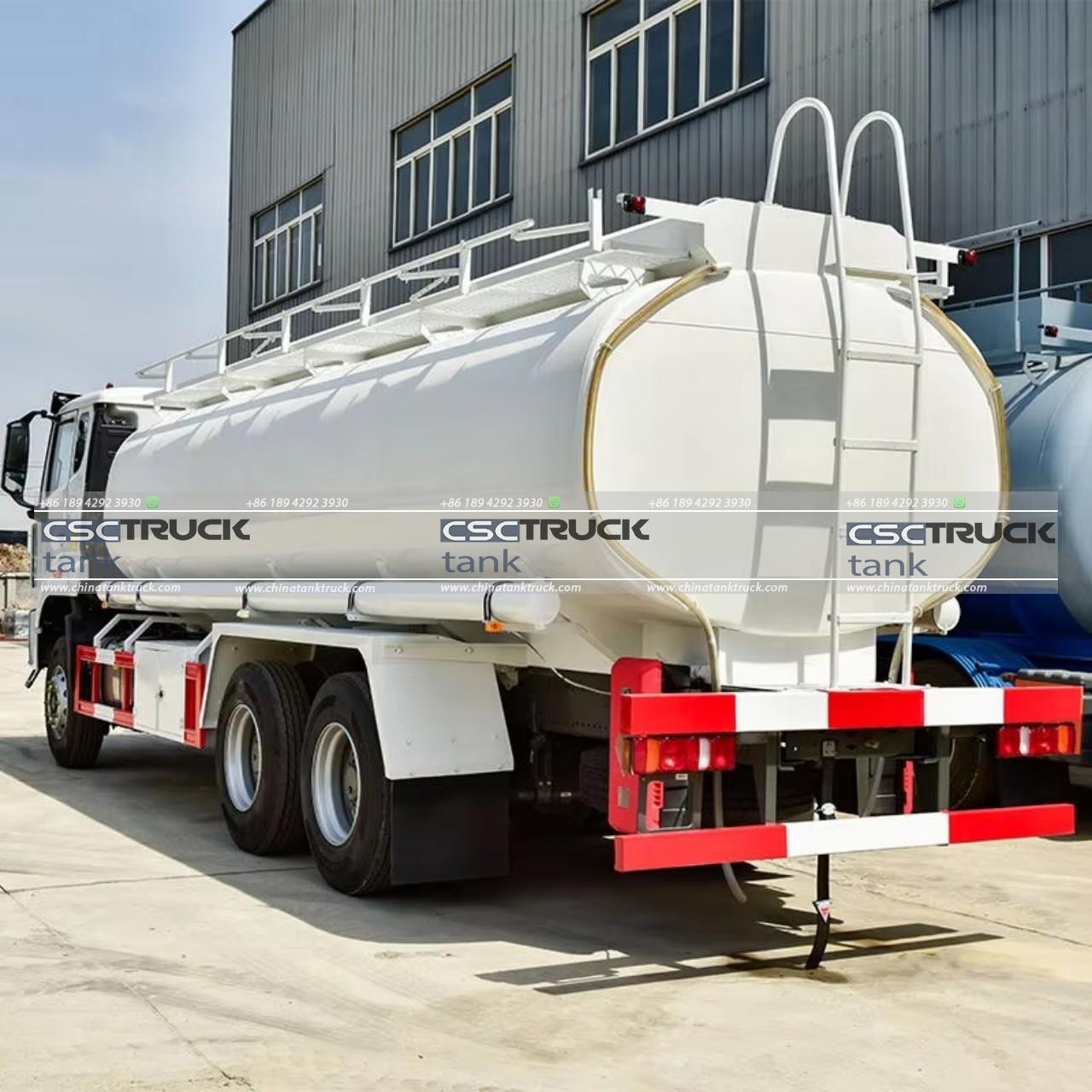What Does a Tank Truck Do?
Tank trucks, also known as tanker trucks, are an essential component of the transportation industry, playing a critical role in the delivery of liquids, gases, and bulk materials. These specialized vehicles are designed to haul large volumes of fluid or semi-fluid products over both short and long distances. Their versatility allows them to operate in various sectors, including agriculture, fuel distribution, chemical industries, and firefighting. In this article, we’ll explore what tank trucks are, the types available, their various applications, and how they contribute to numerous industries.
What Is a Tank Truck?
A tank truck is a large motor vehicle equipped with a tank body designed to transport liquid or gaseous substances. These trucks vary in size, capacity, and design based on the nature of the materials they carry. Typically, tank trucks have cylindrical containers made from steel, aluminum, or stainless steel, allowing them to safely carry potentially hazardous or temperature-sensitive substances.
Tank trucks have different compartments, allowing them to transport multiple liquids simultaneously. This is particularly important when different types of fluids, like gasoline and diesel, need to be delivered to a gas station without cross-contamination.

Types of Tank Trucks
There are various types of tank trucks based on the substances they carry and their specific design features. Some of the most common categories include:
1. Fuel Tank Trucks
Fuel tank trucks are designed to transport petroleum products, including gasoline, diesel, and aviation fuel. These trucks are fitted with specialized safety features to minimize the risk of fire, explosion, or leakage during transportation. Fuel tankers are highly regulated, and drivers are required to undergo rigorous training to handle the dangerous nature of the materials.
2. Water Tank Trucks
Water tank trucks are commonly used for transporting large quantities of water to areas where it is needed, such as construction sites, agriculture fields, or during emergencies like droughts or natural disasters. These trucks are often equipped with sprayers to distribute water efficiently, particularly in dust control operations.
3. Chemical Tank Trucks
Chemical tank trucks are used to transport various chemicals, which may include acids, solvents, or toxic materials. Due to the potentially hazardous nature of their cargo, these trucks are made from specialized materials that resist corrosion and chemical reactions. The tanks are often insulated or heated to maintain specific temperatures required for the safe transport of certain chemicals.
4. Food-Grade Tank Trucks
Food-grade tank trucks are designed to transport liquids and semi-liquid foods, such as milk, juice, or syrup. The interiors of these trucks are made from stainless steel or other food-safe materials, ensuring that the transported goods do not get contaminated. Strict sanitation measures are in place to ensure hygiene and safety during the transportation process.
5. Cryogenic Tank Trucks
These are specialized tankers designed to transport liquefied gases such as liquid nitrogen, liquid oxygen, or liquid natural gas (LNG). Cryogenic tanks are equipped with insulated containers that maintain extremely low temperatures, often reaching as low as -150°C (-238°F). Cryogenic gases are used in various industries, from healthcare (liquid oxygen) to manufacturing (liquid nitrogen).
6. Fire Tanker Trucks
Fire tanker trucks are essential for rural or remote firefighting operations where water sources may not be immediately available. These trucks transport large volumes of water and are often used in tandem with fire engines to provide the necessary water supply for extinguishing fires. Fire tankers also have quick-release valves and hoses for efficient water deployment.
How Tank Trucks Operate
The operation of a tank truck depends largely on the type of cargo it carries. However, most tank trucks share a common set of operational principles, including load balancing, pressure control, and safety mechanisms.
1. Loading and Unloading:
Tank trucks have built-in mechanisms, such as pumps and hoses, that allow for the easy loading and unloading of liquids. These systems are designed to prevent spills and contamination during the transfer of fluids.
2. Pressure Management:
For gases and liquids that can vaporize, managing pressure is a crucial part of tank truck operations. These vehicles often have pressure relief valves and insulated tanks to maintain proper pressure levels during transportation. For cryogenic tank trucks, maintaining the required low temperatures is critical to ensure the cargo remains in its liquid state.
3. Weight Distribution:
Weight management and load distribution are essential for the safety and stability of a tank truck. Because liquids can shift during movement, tank trucks are designed with baffles—internal compartments within the tank that minimize sloshing, which could affect the vehicle’s stability.
4. Safety Systems:
Tank trucks carrying hazardous materials are equipped with various safety features, including grounding systems to prevent static electricity, emergency cut-off valves, and fire suppression systems. Drivers must also follow strict safety protocols, including wearing personal protective equipment (PPE) and following established routes that minimize risks.

Applications of Tank Trucks
The versatility of tank trucks allows them to be used in numerous industries, each with unique needs.
1. Fuel Distribution:
Fuel tank trucks are critical in the supply chain for petroleum products. They deliver gasoline, diesel, and jet fuel to fuel stations, airports, and industries, ensuring that transportation and machinery operations run smoothly.
2. Water Delivery:
In remote or drought-stricken areas, water tank trucks provide essential water supplies for drinking, irrigation, and livestock farming. These trucks are also used in disaster relief efforts to provide clean water in emergencies.
3. Chemical Transport:
Chemical tank trucks play a key role in the transportation of industrial chemicals. Whether it’s delivering raw materials for manufacturing or transporting waste chemicals for disposal, these trucks are vital to the chemical industry.
4. Food and Beverage Industry:
Food-grade tank trucks ensure the safe transportation of bulk liquids such as milk, wine, and vegetable oils. They are often seen traveling between production facilities and processing plants, maintaining hygiene standards to prevent spoilage.
5. Cryogenic Applications:
Cryogenic tank trucks are essential for industries that require gases like liquid nitrogen and oxygen. These gases are used in a wide range of applications, from medical oxygen supplies in hospitals to nitrogen for freezing and preserving biological materials.
6. Firefighting:
Fire tanker trucks are indispensable in firefighting operations, especially in rural areas or during forest fires. They can carry thousands of gallons of water or foam to supply fire engines on-site, providing a necessary water source in places where hydrants are unavailable.
The Importance of Safety
Due to the nature of the materials transported, tank trucks are subject to stringent safety regulations. Drivers must undergo specialized training to handle hazardous materials, and vehicles are regularly inspected to ensure they meet safety standards. The risks involved in transporting flammable liquids, chemicals, and gases make it crucial to maintain vehicle integrity and follow best practices for loading, unloading, and driving.
Regulations often require specific routes for tank trucks carrying dangerous materials, minimizing the risk to populated areas. Additionally, the trucks are equipped with emergency spill response kits to deal with any accidents that may occur on the road.

Conclusion
Tank trucks are an integral part of modern transportation, responsible for the safe and efficient delivery of a wide variety of materials. Whether it’s fuel, chemicals, food products, or water, these specialized vehicles are designed to meet the unique requirements of each cargo type. The role of tank trucks extends across multiple industries, providing essential services that keep businesses, industries, and communities running smoothly. With advancements in technology, tank trucks continue to evolve, becoming safer, more efficient, and more environmentally friendly.

